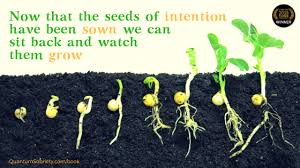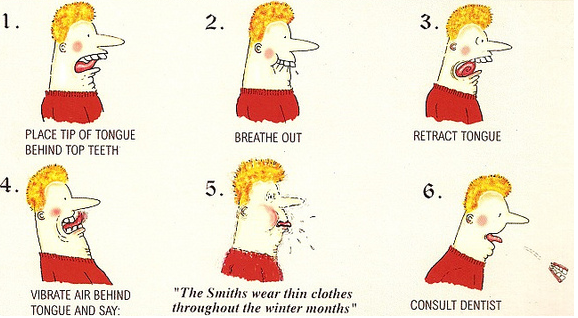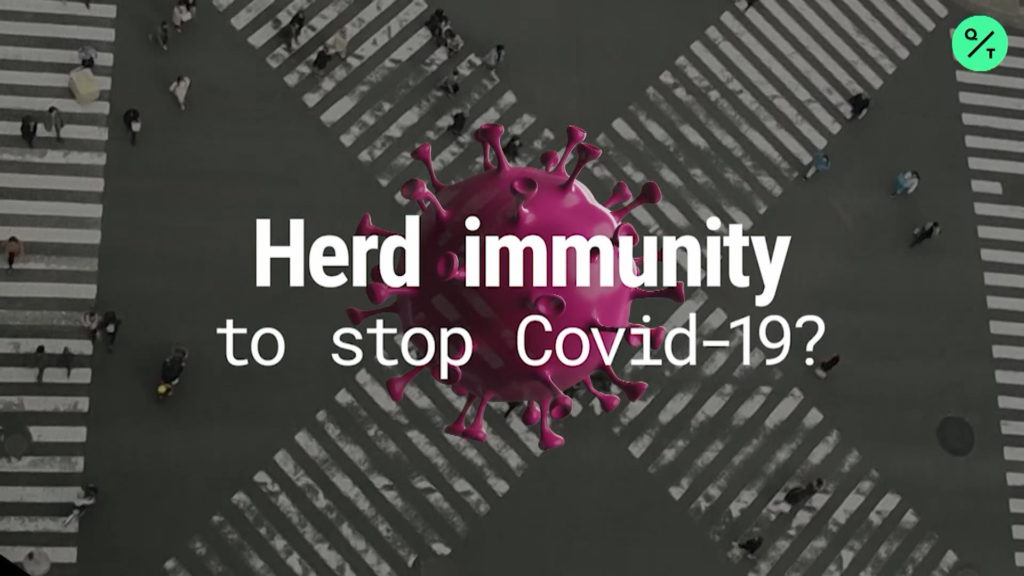The novel Coronavirus disease (COVID-19) pandemic has affected around more than two million people across the globe.
Countries around the world are under weeks of lockdown. A draconian measure indicates either the cases are underreported or the treatment facilities are insufficient for the expected number of cases. Nevertheless, financial remedies, relief packages have been announced as a measure to protect especially the low-income groups, and cushion the economy from the looming crisis.
While most adults still have work and other routines to carry on, school is the primary source of structure and socialization for kids. Children have rich social lives, often experienced almost exclusively in school and extracurricular activities. Schools are the primary providers for lots of essential services and for some children, the only thing standing between them and food insecurity.
So, after having briefly situated yourself in this broad context, would you be able to think of all the people who is bearing the burden of the COVID-19 lockdown?
We’ve talked about bear. Now we’re going to learn the phrase bear the burden.
First let’s learn what burden means.
In this context, burden means something difficult or unpleasant that you have to deal with or worry about:
the burden of responsability
My elderly mother worries that she’s a burden to me.
Buying a house often places a large financial burden on young couples.
Now, bear the burden, means to be responsible for something or accept something:
Parents are bearing the burden of having to do their work and their children’s teachers work during lockdown.
Então, vou esclarecer rapidamente em português. Quando queremos falar que algo é difícil de suportar, dizemos: suportar um peso, carregar uma cruz, carregar um fardo, arcar, arcar com as consequências, pagar o preço, etc. Em inglês a expressão to bear the burden expressa esses sentidos.
Também podemos usá-la dessa forma: burden to bear sendo um fardo/cruz para carregar/ de se carregar.
So,
COVID-19 is a burden that we all have to bear.
https://dictionary.cambridge.org/dictionary/english/burden
https://blog.influx.com.br/o-que-significa-burden-bear-em-ingles








